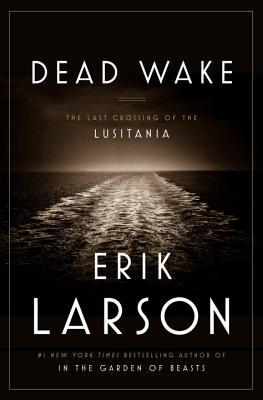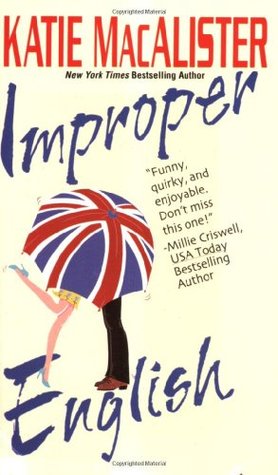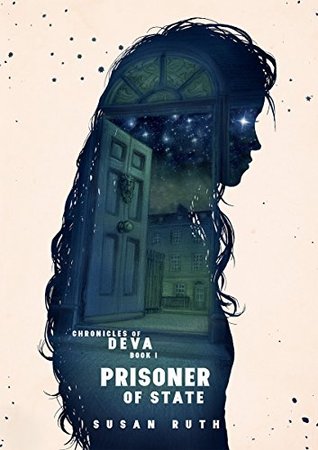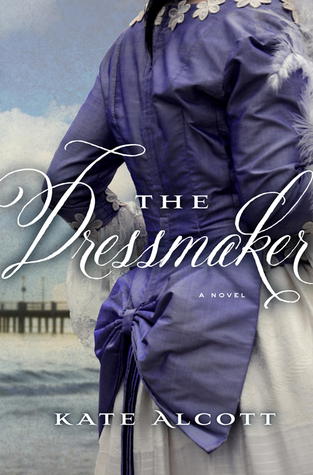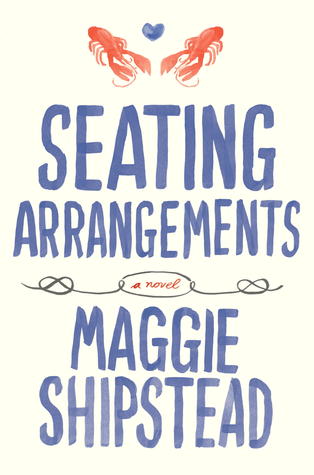 The Popular Reading section strikes again! I haven't actually read Bard's Lunch in Paris, though I certainly intend to now, which should tell you something about my attitude toward this one. And I'll be honest--it was the combination of "Provence" and that little sub-title, "A memoir with recipes" that got my attention, because I fricking love food and there's no secret about it.
The Popular Reading section strikes again! I haven't actually read Bard's Lunch in Paris, though I certainly intend to now, which should tell you something about my attitude toward this one. And I'll be honest--it was the combination of "Provence" and that little sub-title, "A memoir with recipes" that got my attention, because I fricking love food and there's no secret about it.In this book, Bard talks about her experiences moving to the small town of Cereste in Provence, France, with her husband and small child. Consequently, the book follows several themes: living in a new place, food, and the struggles of motherhood. Two of these appealed to me. One of them did not. Can you guess which two I liked?
You got it, new places (I long to travel freely; someday I might actually make enough money to do it) and food. Motherhood strikes no chord for me because I am not, and never intend to be, a mother. Children are not my cup of tea, to put things politely. That said, the sections about Bard's struggles with her son, Alexandre, didn't alienate me. Bard has a warm way of writing and while I certainly don't envy her status as a mom, let alone a mom in a foreign land, I never felt like I needed to skip portions or roll my eyes in exasperation. She also had a good way of interspersing the different themes so that they balanced each other out, not leaving one portion of the book more "top heavy" than the others. Toward the middle/end, Bard and her husband decide to open an ice cream shop, which largely devours their lives and hence the narrative, but I suppose that's to be expected for a memoir.
The recipes sounded scrumptious, and there are even a few I think I might make. Ice cream recipes do me no good, because I do not own an ice cream machine and have little inclination toward buying one, but there seemed to be a few good, hearty recipes in here that anyone could use, ice cream machine owners or no. White beans with tomatoes and herbs sounded scrumptious, and while I'm pretty sure that the folks at Safeway would look at me like I was crazy if I asked for a butchered rabbit, zucchini soup, zucchini gratin, and many other recipes might need to make an appearance in my kitchen. I'll have to hold on to the book a day or two longer to glean out the ones I want before returning to the library. Bard has a way of describing food that just makes it sound delicious, and while I'm pretty sure I'll never roast a whole lamb, no part of me would object to eating such a thing if it's as good as she says it is. She even made me want to give blood sausage a try, and let me tell you, that's an accomplishment.
There were a few things that did bother me, though. First, Bard switches between present and past-tense a lot, which drives me absolutely crazy. I am a very firm believer in writing entirely in past tense, especially for things like memoirs. Very rarely is present tense necessary, even when what you're discussing might technically still be true--yes, Bard loves her husband and child, but the tense switching wasn't necessary. She could have left it in past tense and I wouldn't have found her feelings suspect. And there's this string of logic through it that I just can't quite seem to get my head around. Bard talks about taking her son to day care, about working full-time and not being around him, and yet, for the life of me, I can't figure out what she actually does. She talks about writing, but it's in a way that makes it seem like she puts off writing (as all writers do!) and that getting a few hours to write is a blessing, so I have no idea what all of this "full time work" she talked about actually was. Her cover bio says she's a journalist, but given that she can't drive, I don't exactly see her roaming all over the countryside looking for stories, and I'm not sure how much Cereste has to offer--it's beautiful and charming, I'm sure, but even that can be exhausted at a point.
Still, I definitely want to pick up Lunch in Paris, Bard's first book. It's another memoir with recipes, but it seems like it will focus more on her early relationship and experiences in France, before her wedding and subsequent move. Given where I am in my life, that seems like it'll be more up my alley.
3.5 stars out of 5.


